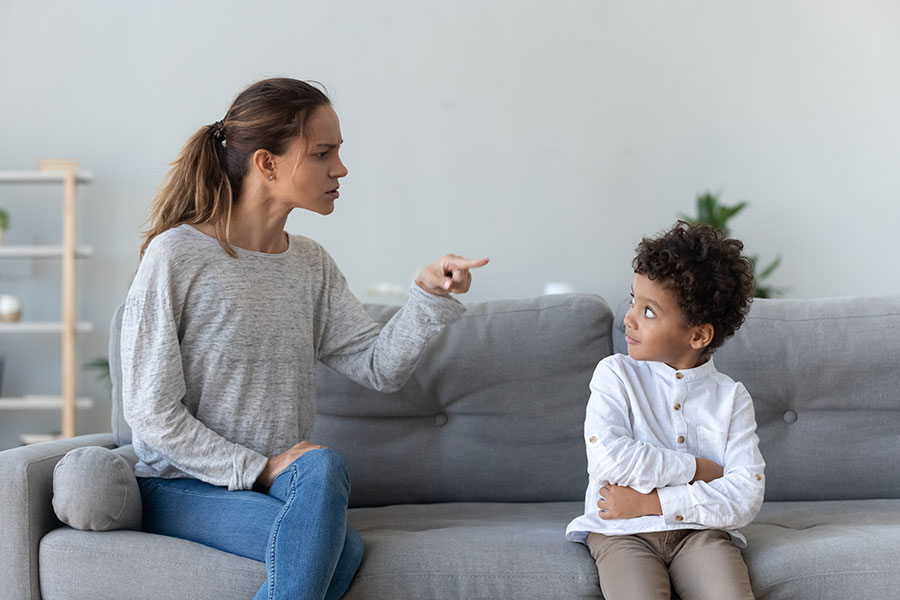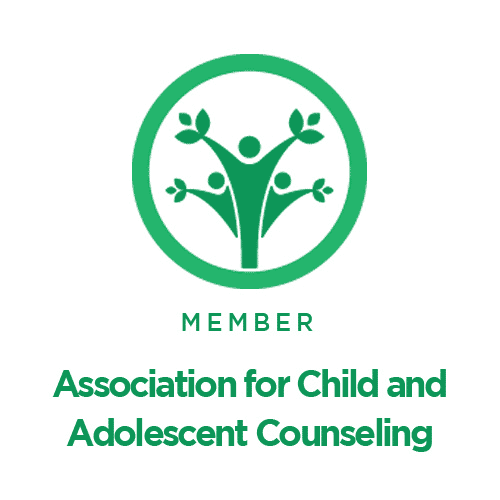I’m about to tell you something that may blow your mind: children with ADHD can become addicted to their parent’s anger and big emotions. Yes, that’s right-some crave it. It’s no secret that children/teens with ADHD often find themselves in conflict seeking situations. Individuals with ADHD have low activity in the prefrontal cortex due to lower levels of dopamine and adrenaline. When you yell at someone with ADHD, it stimulates their brain and wakes it up, just like medication does. Essentially, you could be acting as your child’s medication and not know it.
If you find yourself in a tireless pattern of reacting to your child’s behaviors with big emotions repeatedly, you’re feeding the problem. If you’re ready to hop off this endless hamster wheel, you must make some changes in how you discipline. Children with ADHD do not have neurotypical brains and you must first and foremost understand that they are not acting out on purpose. You can throw away all the traditional methods of discipline because they simply won’t work. Here are some tips on how to effectively discipline a child with ADHD.
Patience and Understanding: As mentioned earlier, you must understand that the behavior is not purposeful. Truly understanding the neurodivergent ADHD brain is important and often helps parents regulate their own responses when knowing the behavior is not intentional. Assume your child wants to do the right thing.
Pause before you react: This is a standard step to keep yourself emotionally regulated. A minute or two may be all you need to stop yourself from acting in a way you might regret.
Whisper don’t yell: As mentioned above, yelling wakes up the brain and acts like a stimulant. Try whispering instead! This response will surprise them. Research shows that cutting back on yelling and harsh punishment can make a big difference in the way an ADHD child behaves.
Dial down your emotions: It’s important for parents to stay emotionally regulated when discipling a child. Losing your stuff only means that you’ve lost control. Try thinking of behavior and consequences as concrete. For example, if you break this rule, X, Y, & Z are the consequences. Make sure you follow through.
Allow and expect mistakes: We all make mistakes often. This is no different for a child with ADHD. All growth experiences include mistakes. The child needs a safe space to make these mistakes and learn from them without shame or guilt. Much of how we react to things as parents plays a huge role in how approachable our kids see us as they get older. We want them to feel safe and come to us when needed-ADHD children as well.
Work on transitions: Children with ADHD often have difficulty transitioning from one task to another when engaged. You might already be giving your child a 5-to-10-minute warning but remember many kids with ADHD struggle with time blindness. You may need to practice with a timer or something to help make time more visible to them.
Break up big tasks: Your ADHD child might struggle behaviorally when you give them too many things to do at once, it’s brain overload. Instead, try giving one task, then praising and giving another—because why not add some self-esteem building in there.
Praise your child often: Children with ADHD are typically scolded, criticized, or receive frequent negativity often. It’s important and a protective factor again depression to praise them for as much as possible. Little things can make a huge impact!
Spend 20 quality minutes with your child a day: Entering into your child’s world for about 20 minutes a day can hugely impact the quality of your relationship in a good way. Watch how quickly you see improvements in your child’s behavior.
If you find yourself yelling at your ADHD child often, you’ve likely read this far because it’s not helping. The good news is that each day is a new opportunity for self-growth and a different approach. Flexibility as a parent is very important because all children are different, including those with neurodivergent minds. I encourage parents to seek support for their own emotional regulation if needed because it takes a lot of practice and patience -- especially when you have other things going on. Ultimately, you can’t act as your child’s medication and break the cycle, it may only lead you to needing your own…








